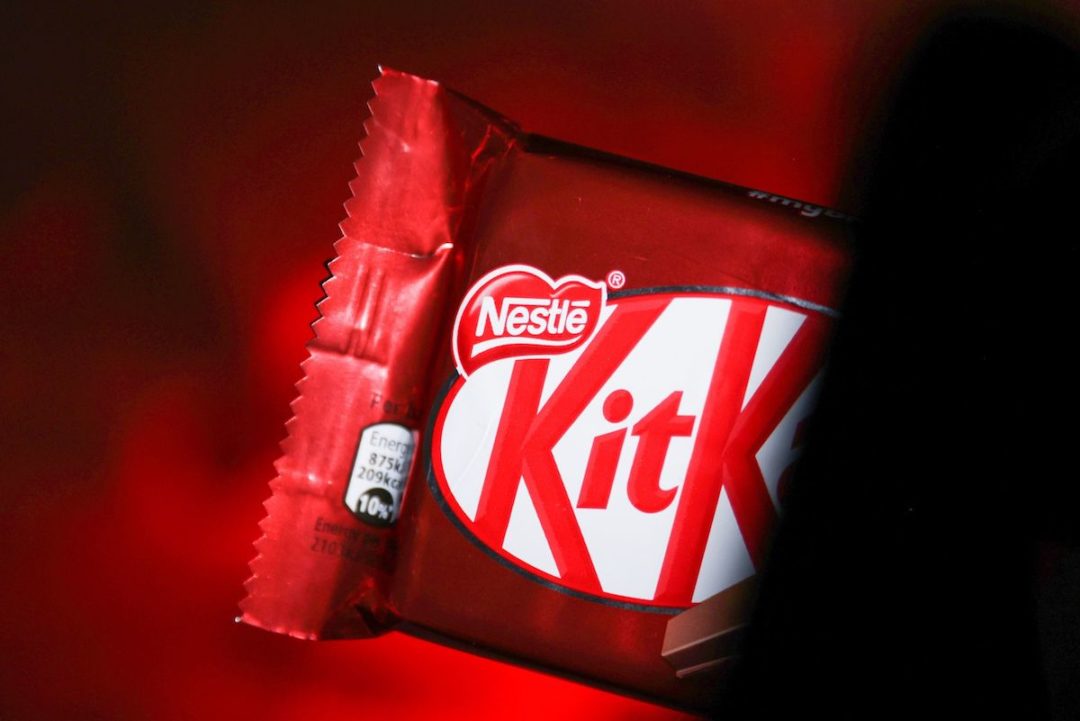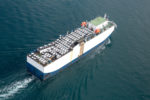
Visit Our Sponsors |
|
|
|
|
|
|
|
|
|
|
|
|
|
|
|
|
|
|
|
|
|
|
|
|
|
|
|
|
|
|
|
|
|
|
|
|
|
|
|
|
|
|
|
|
|
|

Nestle SA has abandoned pledges to make major brands, including KitKat and Perrier, carbon neutral, joining a nascent corporate pushback against programs that let polluters compensate for their own greenhouse gas emissions by investing in efforts to reduce them elsewhere.
The world’s biggest food company joins airline EasyJet Plc and Gucci owner Kering in backing away from so-called carbon offsetting as a way to meet net zero emissions targets. Consumer groups say the practice is misleading for shoppers and doesn’t always mean emissions are falling.
Nestle is shifting toward in-house programs to reduce greenhouse gas emissions in its operations and supply chain, a spokesperson said. The Swiss food company also dropped plans to make plant-based meal lines Sweet Earth Foods and Garden Gourmet carbon neutral.
Read more: Big Food Brands Struggling to Kick Junk Addiction, Survey Finds
Carbon-offset programs don’t really reduce businesses’ impact on the climate, critics say, even though the label does have appeal for well-meaning consumers.
“If you’re a consumer in the supermarket, you have no way to know how much of a carbon neutral claim is from actual emissions reductions and how much is from these dubious carbon-offsetting projects,” said Emma Calvert, a food-policy officer at European consumer-rights organization BEUC, which wants to ban “carbon neutral” claims on food.
Multinationals are under pressure to help prevent the planet from heating up more than 1.5 degrees Celsius. The net-zero standard requires companies to set long-term science-based targets to cut all possible emissions before 2050.
While Nestle is abandoning carbon offsets, it still aims to achieve net zero in 2050, planning to reach that through measures often known as “insets.” That includes actions like helping farmers shift to regenerative agriculture, restoring wetlands, protecting habitats for pollinators and planting hedgerows to prevent soil erosion.
Insets, however, are problematic as well. It’s hard to check the methodologies that companies use, and there are no global verification standards, according to the NewClimate Institute. Those measures could give consumers a false impression of a company’s impact on climate, the group said.
The issue is we expect companies to regulate themselves, said Alban Grosdidier, a climate campaigner at Friends of the Earth Europe.
“Reduction plans should be mandatory for companies of a certain size,” he said.
Legal Backlash
Carbon neutrality claims can play well with consumers as they can assume it means fewer greenhouse gas emissions. A study conducted by a German consumer organization concluded that carbon neutrality claims improve a product’s image even when there is no guarantee that an environmental benefit actually exists.
Read more: Solving the Dysfunctional Freight Contracting and Bid Process
Greenwashing claims can backfire for companies, too. Danone is the target of a U.S. lawsuit over the carbon neutral label on its Evian waters. A Swedish court fined and banned European dairy group Arla Foods from using the term “net zero climate footprint” in the marketing of its products sold in the country. Nestle is facing a legal challenge from a French consumer group over its claim that Nespresso is carbon neutral.
A Danone spokesperson said Evian is vigorously defending itself in the lawsuit but explained the context has evolved since some of its brands set out to become carbon neutral and reducing global greenhouse emissions is the priority.
Despite the change in approach, some of Nestle’s brands are still touting their carbon-neutral successes. The website of the vitamin business Garden of Life notes that it reached that status six months ahead of schedule in 2021.
RELATED CONTENT
RELATED VIDEOS
Timely, incisive articles delivered directly to your inbox.






